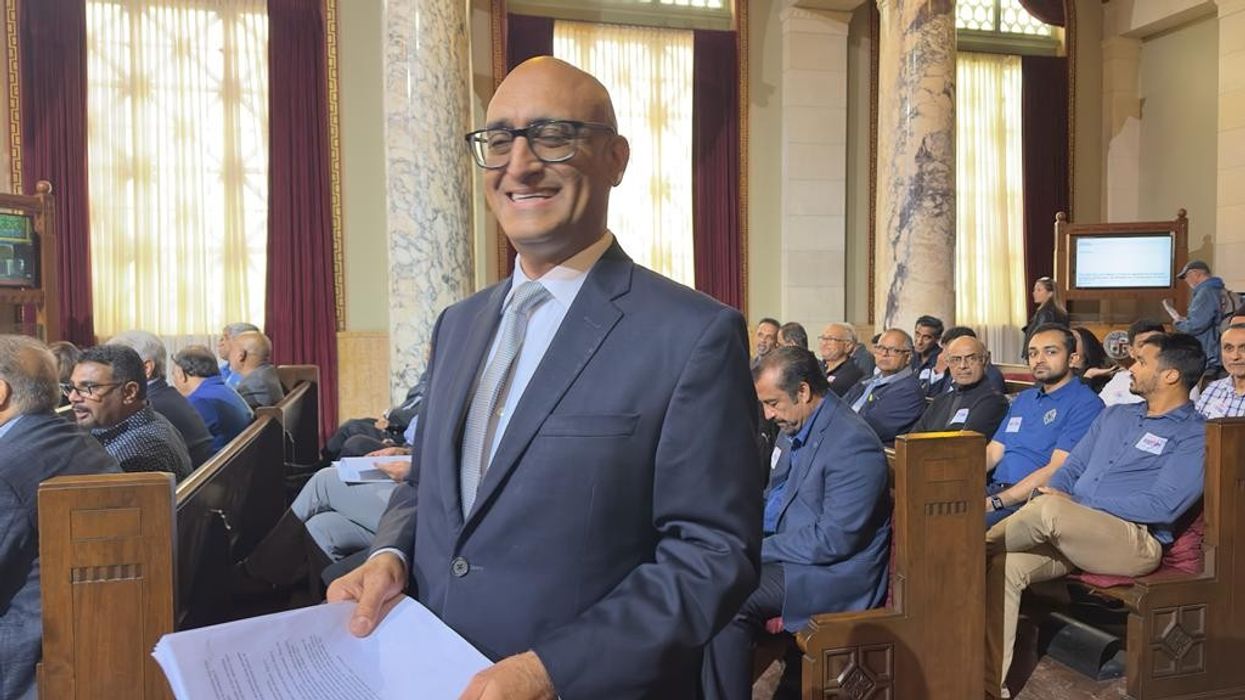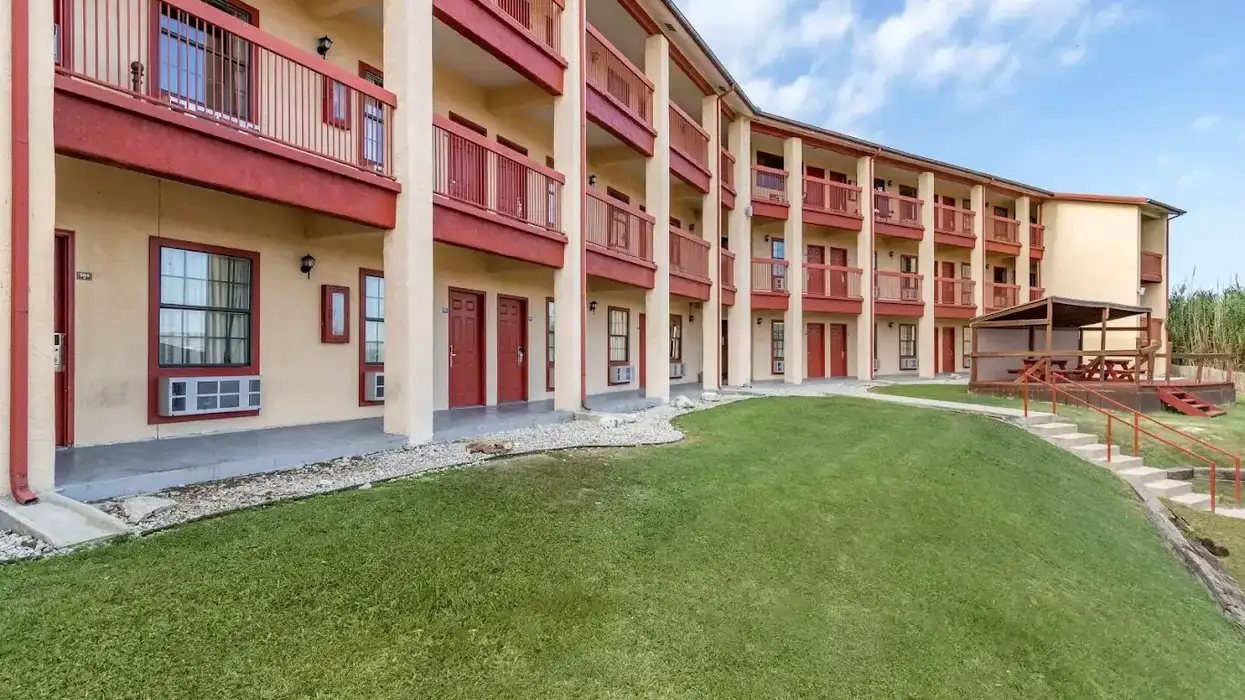A CONTROVERSIAL BALLOT measure in Los Angeles that would have required hotels to provide rooms to the homeless alongside paying guests may be replaced with a new ordinance that would make the voucher program voluntary. However, several residents, including a local association of Asian American hotel owners, voiced concerns about the proposed new ordinance as well during a city council meeting Tuesday.
After nearly two hours of public comment, the council voted to send the ordinance to the city attorney’s office for review to prepare it for a final vote. As written, the ordinance would require developers of new hotel properties to obtain a conditional use permit through a public review of the proposed development’s impact on the existing housing supply and to replace any housing that would be demolished or otherwise lost in the neighborhood.
Also, hotel developers and owners of existing hotels, as well as owners of short-term rental properties, would be required to obtain a police permit that would screen owners and operators of those properties for prior criminal activity or any history of creating a public nuisance. Finally, the ordinance would allow hotels to voluntarily make vacant rooms available for interim housing, where the previous ballot measure, to be voted on in March, would require hotels to house homeless voucher holders with regular guests, spurring protests by AAHOA and others.
“The shortage of affordable housing in Los Angeles doesn't just drive the crisis of homelessness in our streets,” said Paul Krekorian, council president. “It hurts everyone who’s looking for a home in Los Angeles. The hospitality industry is a vital and necessary component of our local economy, and we need hotels to welcome the thousands of visitors we receive, but new hotel construction cannot come at the cost of our current housing stock. Irresponsible hotel and short-term rental operators cannot be allowed to endanger the public safety or impair the quality of life in our neighborhoods.”
Continuing to work the problem
AAHOA welcomed the change to make the homeless housing provision voluntary. The original proposed ballot measure, which would have forced hotels to report vacant rooms by 2 p.m. every day so homeless people could stay in them without any additional services, placed an unacceptable burden on the hotel industry, created a serious safety concern for hotel workers and guests and threatened the city’s tourism and travel industry, AAHOA said in a statement.
“This shift significantly empowers our hoteliers to pursue long-term solutions to a homelessness crisis that must be addressed,” said Laura Lee Blake, AAHOA president and CEO. “By collaborating with local stakeholders, we can create a more compassionate and sustainable future for everyone.”
Bharat Patel, AAHOA chairman, said the association worked to encourage the change in the ordinance and will continue to work with the city to find solutions to homelessness.
“We are committed to investing our knowledge and resources in initiatives that address homelessness from the ground up,” Patel said.
Requesting a seat at the table
During the Tuesday council meeting, however, many residents, including many Asian American hotel owners, expressed concerns about the new proposed ordinance. Ray Patel, president of the Northeast Los Angeles Hotel Owners Association, was among them.
Patel suggested that the new version of the ordinance was created without sufficient input from local hoteliers.
“We're asking for a seat at the table. I don't know if we were ignored, but the fact is 75 percent of the hotels in Los Angeles are family owned, immigrant owned, predominately owned by people of color and small businesses,” Patel said. “You need to hear about our operations and take our input in crafting this piece of ballot measure that now turned into an ordinance. So, we respectfully ask Council President Krekorian to include us in the talks.”
Attorney Frank Weiser also spoke on behalf of NELAHOA and other hotel owners, saying they have “very, very serious constitutional questions here.”
“The police permitting process is a form of a conditional use permit and it's very clear under California law and federal law, the Fifth Amendment takings clause, you've got to give an amortization period for those motels that are already in operation,” Weiser said. “You can't just simply now create a certain conditions, the condition you're placing in there, for example, one to cooperate with the police in any location is clearly unconstitutional. It's overbroad under the First Amendment.”
Despite their serious concerns, Weiser said, hoteliers would cooperate with the city.
L.A. Councilman John Lee, one of the sponsors of the ordinance, said he was sympathetic to the concerns voiced during the meeting.
“As a son of small business owners who provided everything for our families, I just want to say that, I hope we often say in this council chambers, that everyone needs a seat at the table and,” Lee said. “We hope that our small business owners, especially our small hotel businesses, have that seat so they can voice their concerns, along with all the other groups to make sure that we craft legislation that is that works for all parties, and to make sure that we are not penalizing nor hurting the very small businesses that help our economy.”
Krekorian said the meeting was “really an important step forward.
“There has been robust discussion about the work product that's before you already and that discussion, of course will continue,” Krekorian said. “We will take into account the input of all of the stakeholders who have shown up here to speak, your message is heard loud and clear. And we will have every opportunity to continue that discussion going forward.”






